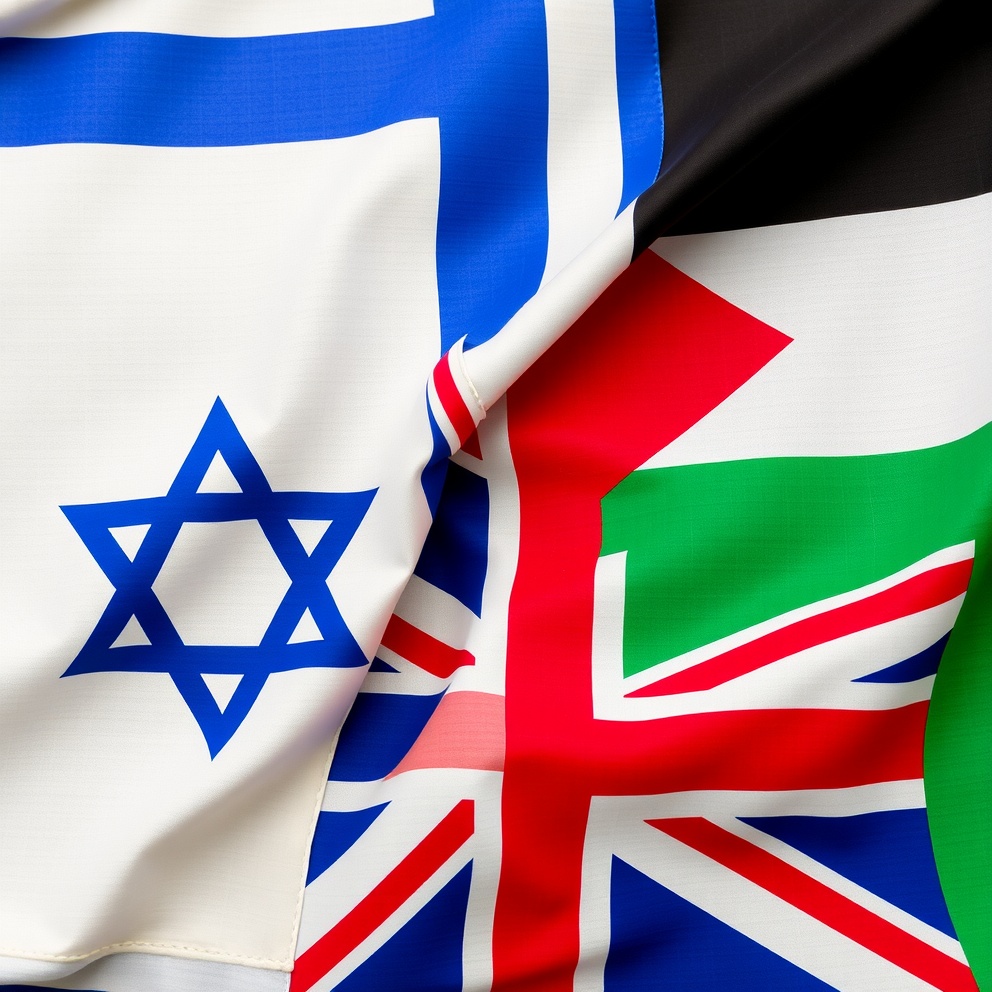The Return of a Notorious Drug Lord: Fabio Ochoa Lands in Colombia After 20 Years in US Jail
A New Era for Organized Crime in Colombia?
In a shocking turn of events, Fabio Ochoa Vasquez, one of the founders of the notorious Medellin drug cartel, has returned to Colombia after serving over 20 years in jail in the United States for drug trafficking. The 67-year-old Ochoa was deported by the US government and landed in Bogota on Monday as a free man.
As Ochoa stepped off the plane at Bogota’s airport, he was greeted by his relatives and hugged his daughter before being released “to be reunited with his family”. This reunion marks not only the end of an era for Ochoa himself but also the end of an era for the Medellin cartel, which dominated the cocaine trade and waged a violent campaign against the Colombian state during the 1980s. As a senior lieutenant to the infamous drug lord Pablo Escobar, Ochoa played a key role in the cartel’s operations.
Ochoa’s return to Colombia marks a significant turning point for organized crime in the country. For decades, the Medellin cartel was able to evade justice and maintain its grip on the cocaine trade. However, with Ochoa’s return, it remains to be seen whether he will continue to play a role in the country’s organized crime scene or if he will be able to lay low after decades of involvement in the cocaine trade.
The Medellin Cartel: A History of Violence and Corruption
The Medellin cartel was founded by Pablo Escobar in the 1970s, but it wasn’t until the 1980s that the cartel truly rose to power. Under Escobar’s leadership, the cartel dominated the cocaine trade and waged a violent campaign against the Colombian state. The cartel’s tactics included bombings, assassinations, and intimidation of government officials.
The Medellin cartel’s violence reached its peak in the late 1980s and early 1990s, with the cartel responsible for numerous bombings, including one that killed over 100 people in Bogota. However, the cartel’s violence eventually caught up with it, and by the mid-1990s, the cartel was beginning to fragment.
The US Extradition Process: A Long and Winding Road
In 2001, Ochoa was flown to the US after being arrested in Colombia in 1999 along with about 30 other alleged traffickers. He had already served a jail sentence in Colombia in the early 90s for his role as one of the bosses of the Medellin cartel.
After serving over 20 years in a US prison, Ochoa was released and deported back to Colombia. The extradition process is complex and often takes years to complete. In Ochoa’s case, it took nearly two decades for him to be transferred from a Colombian jail to a US prison.
A Return to Crime?
As Ochoa returns to his home country, it remains to be seen whether he will continue to play a role in the country’s organized crime scene or if he will be able to lay low after decades of involvement in the cocaine trade. Many are worried that Ochoa will return to his old ways and begin to rebuild the Medellin cartel.
However, others believe that Ochoa may try to retire from the drug trade altogether. After serving nearly two decades in prison, it’s possible that Ochoa has had a change of heart and is looking to start anew.
A New Era for Colombia?
Ochoa’s return to Colombia raises questions about the country’s ability to tackle organized crime and its impact on society. The Medellin cartel’s violent campaigns during the 1980s led to extraditions of drugs suspects between Colombia and the US being suspended, only to be resumed in 1997.
As Ochoa returns to his home country, it remains to be seen whether he will continue to play a role in the country’s organized crime scene or if he will be able to lay low after decades of involvement in the cocaine trade. One thing is certain: Ochoa’s return marks the beginning of a new era for Colombia and its fight against organized crime.
A Speculative Look at the Future
As we look to the future, it remains to be seen whether Ochoa will continue to play a role in the country’s organized crime scene or if he will be able to lay low after decades of involvement in the cocaine trade. However, one thing is certain: the Medellin cartel’s legacy continues to shape the country’s crime landscape.
In the years to come, it’s possible that Ochoa may try to rebuild the Medellin cartel and return to his old ways. However, it’s also possible that he may retire from the drug trade altogether and start a new life in Colombia.
Regardless of what happens next, one thing is certain: Fabio Ochoa’s return marks a significant turning point for organized crime in Colombia, and its impact will be felt for years to come.








Gianna
What an electrifying turn of events! The return of Fabio Ochoa, a notorious figure in the Medellin cartel, brings back a tidal wave of memories and emotions. I find myself wondering if this marks the beginning of a new era for organized crime in Colombia or simply the continuation of a dark legacy. Can we truly expect a change of heart from someone who has spent decades at the helm of such a violent empire? Or will Ochoa’s return reignite the flames of corruption and violence that have haunted Colombia for so long?